2017
Residency
Program
Portland, Oregon
August 1, 2017 to August 31, 2017

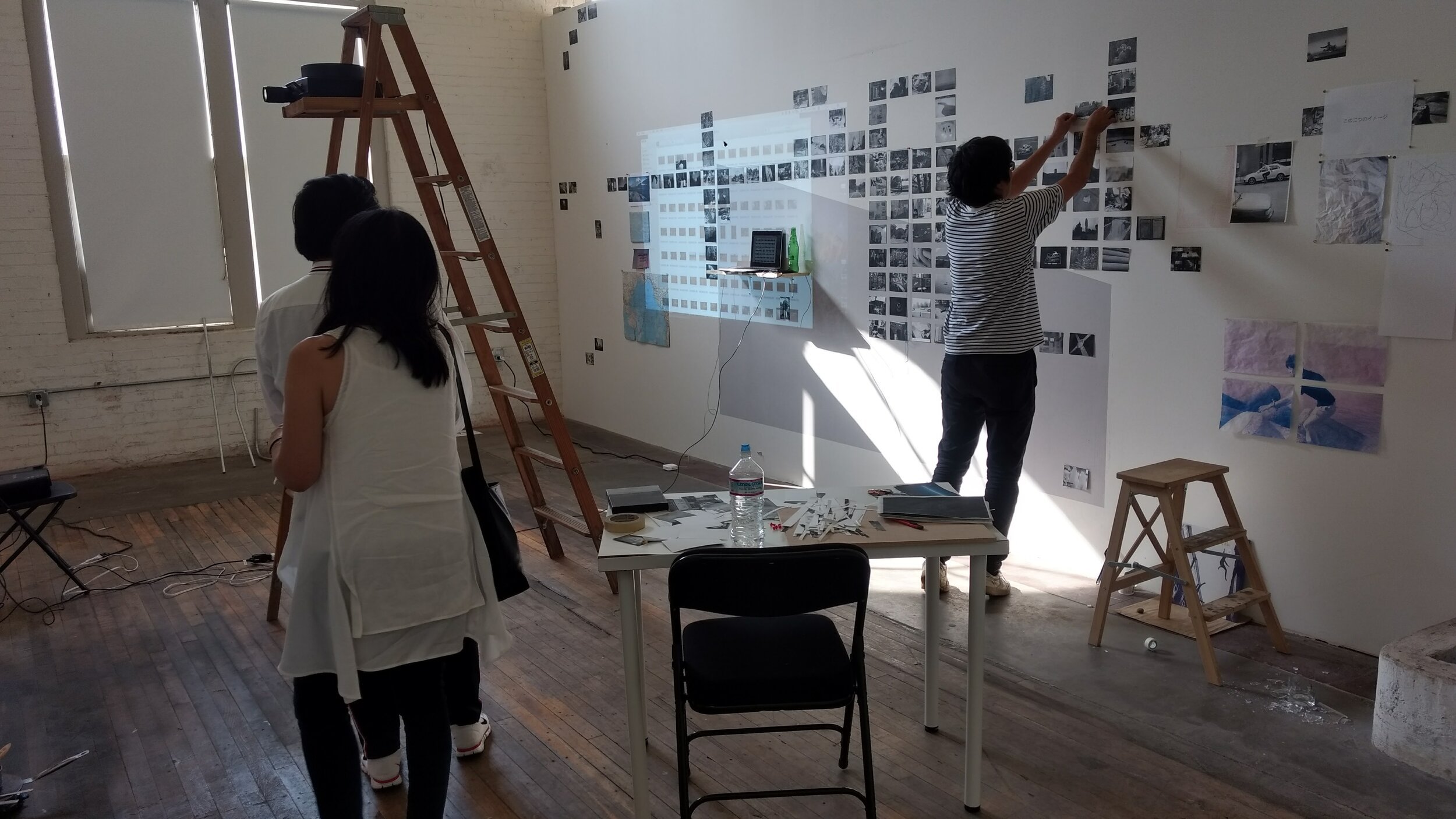

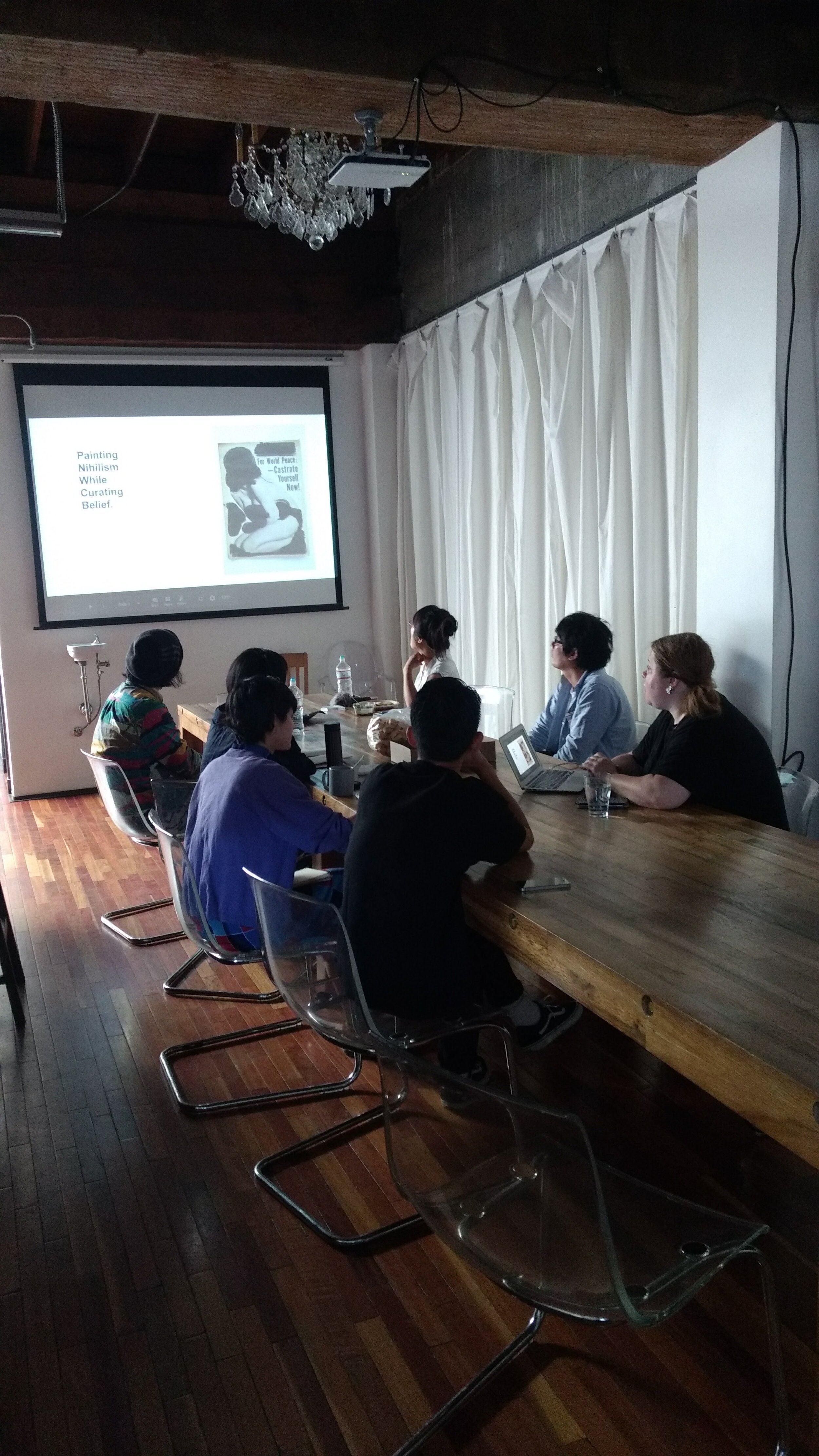
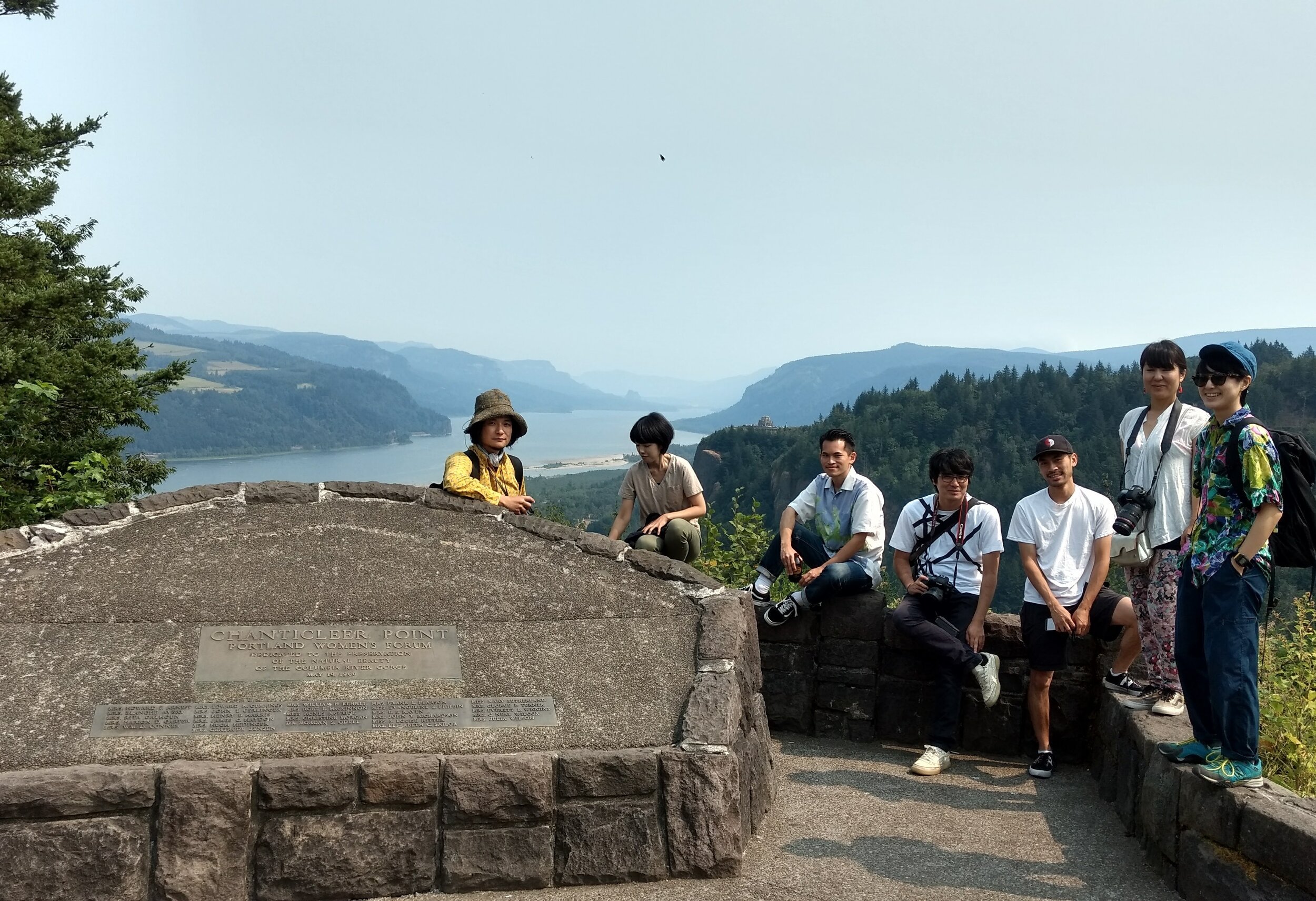




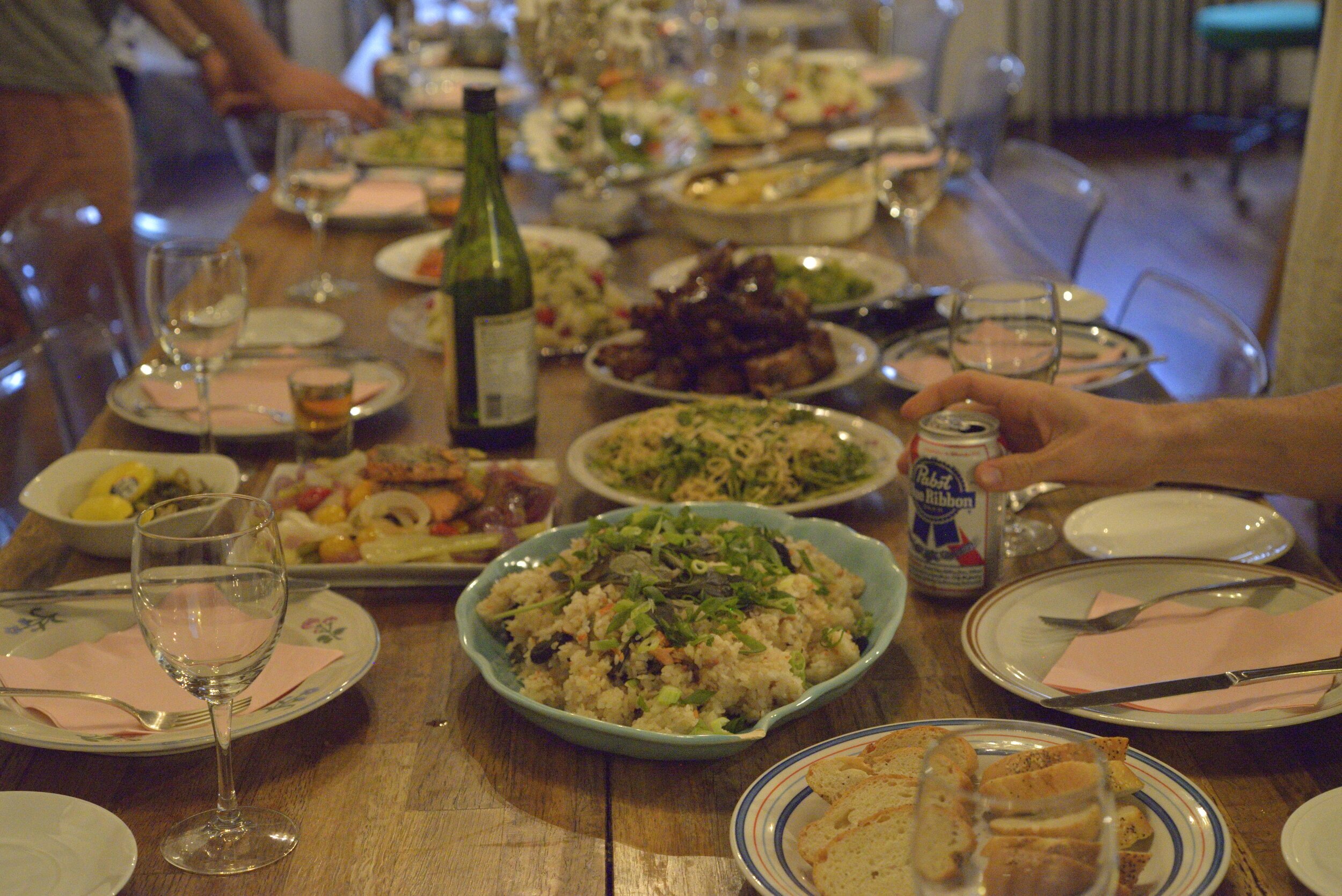
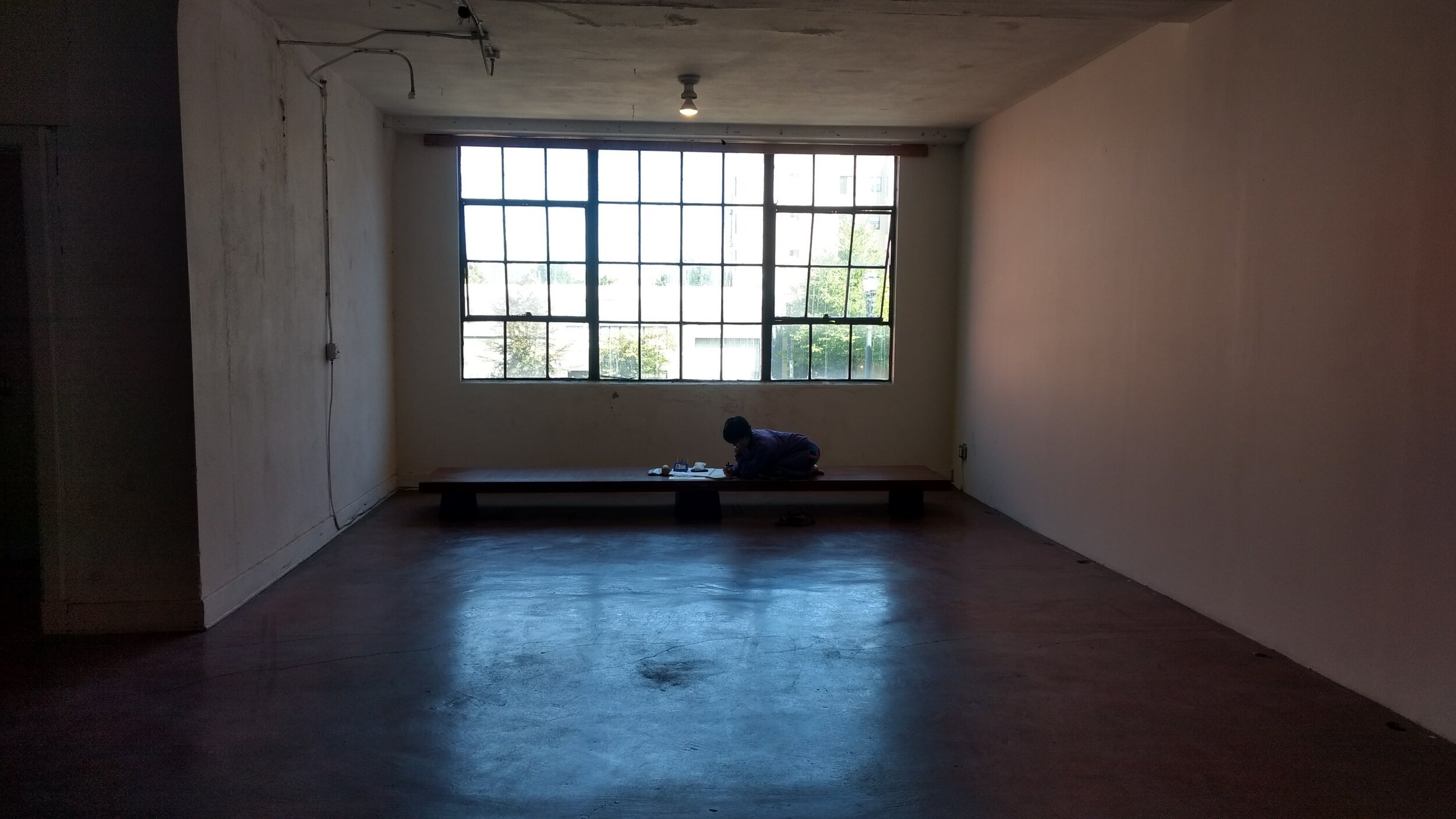







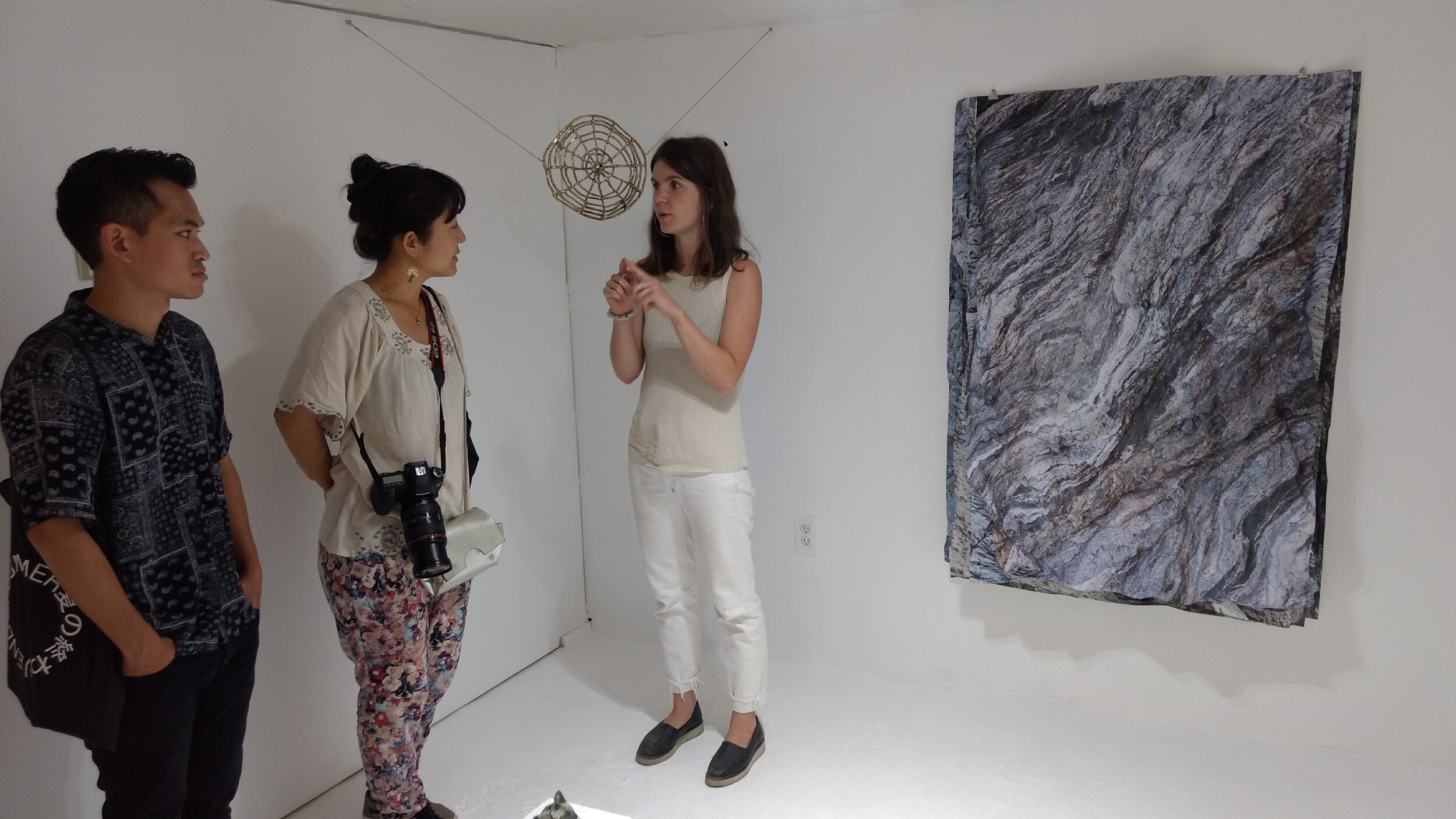






















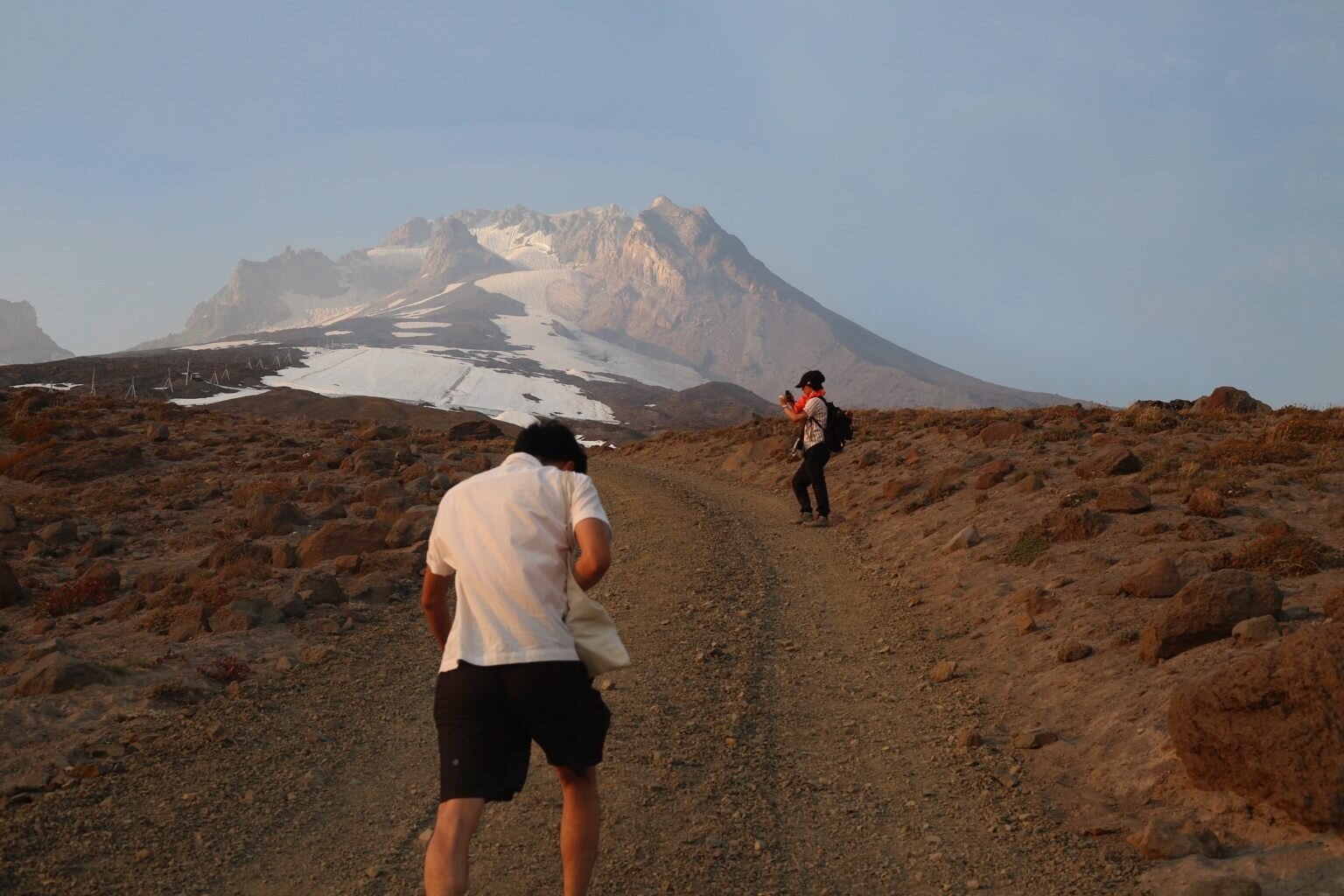

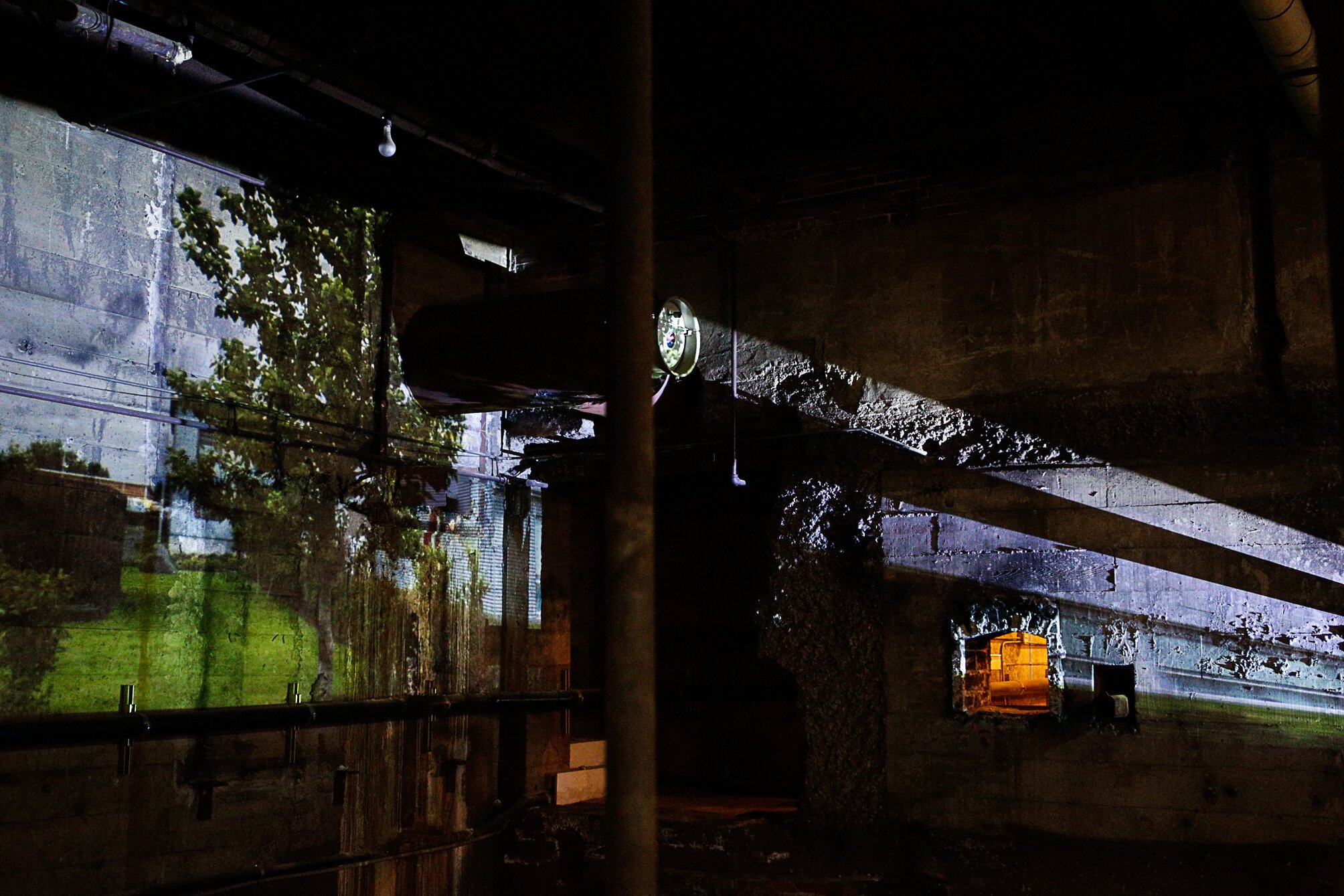



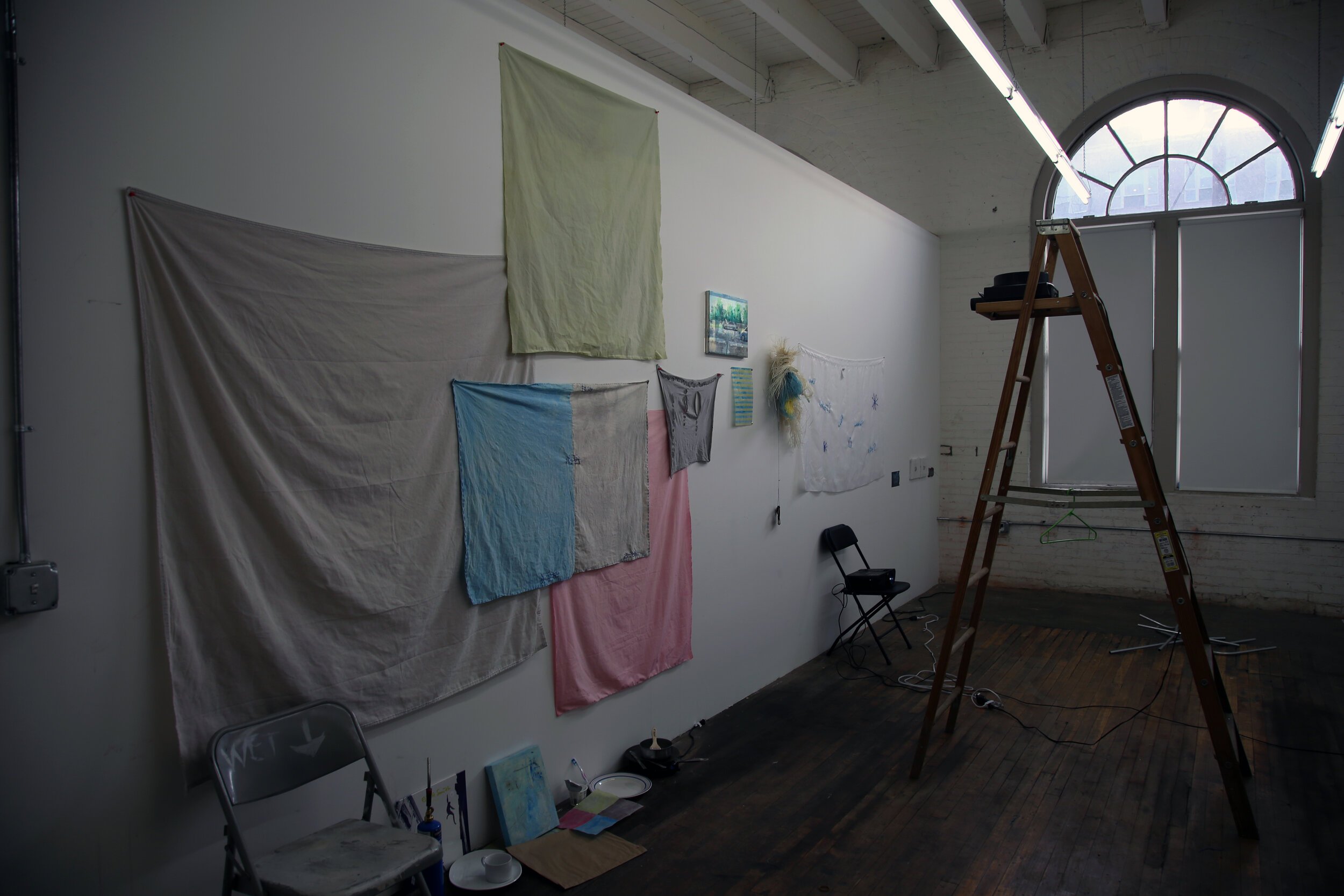
Artists in Residence
Guest
Lecturers
Guest Lecturer:
Yoshitaka Mori
Dr. Yoshitaka Mōri is Professor at Tokyo University of the Arts. His research interests are postmodern culture, media, art, the city and transnationalism. His publications include Street no Shiso (The Philosophy in the Streets) NHK Publications, 2009 and Popyurā Myūjikku to Shihonshugi (Popular Music and Capitalism) Serica Shobō, 2005/2012 (in Japanese) and “J-Pop Goes the World: A New Global Fandom in the Age of Digital Media” Made in Japan: Studies in Popular Music, T. Mitsui (Ed), Routledge, 2014, and “New Collectivism, Participation and Politics after the East Japan Great Earthquake”, World Art, Routledge/Taylor & Francis, 5/2, 2015 (in English).
Event:
“Place, Space and Mobility:
Transnational DIY Culture Network in Tokyo and in Asia”
August 18th 2017, 7pm
Alternative spaces such as independent galleries, corporative cafés, second hand bookshops and DIY stores have played an important roles in creating art and politics in the city: Tokyo is not an exception. Keeping a distance from mainstream culture, hub of underground cultural network, these spaces have functioned as a hub of networks of underground culture. Thanks to the recent development of digital technology, in particular, the Internet and the spread of LCC (Low Cost Career) flight, these spaces have organized transnational networks, by sharing information, exchanging ideas and discussing cultural and political issues each other over the last two decades. In his lecture, Mōri outlines the activities of alternative independent spaces such as IRA (Irregular Rhythm Asylum), Kiryusha and Amateure’s Riot and the recent development of transnational networks of underground politics and culture in Asia. Through the examination, Mōri discussed the relationship between art, culture and place in the age of globalization.
Guest Lecturer:
Justin Jesty
Justin Jesty is Associate Professor of Japanese at the University of Washington, where he researches the relationship between art and social movements in postwar Japan. He is currently researching socially engaged art in contemporary Japan. In 2017 he edited a two-part special issue on the topic in the journal FIELD: A Journal of Socially-Engaged Art Criticism. He has also published articles on the realism debate of the late 1940s, Hamaya Hiroshi’s photographs of the 1960 Anpo protests, and the Minamata documentaries of Tsuchimoto Noriaki. He is the author of “Art and Engagement in Early Postwar Japan”, Cornell University Press, 2018.
Event:
“The Creativity of Uncertainty: Amateur Woodcut in 1950s"
August 14th 2017, 7pm
Why would creation appear, as if so naturally, as a response to adversity? The 1950s was a period of struggle and transformation globally. The Cold War reshaped the culture and politics of much of the world while scores of new nations were born in struggles against colonial regimes. In Japan, it was a time traversed by brutal tides, from the remilitarization and reactionism of Japan’s rehabilitation under the U.S.’s nuclear umbrella, to the trauma, hunger, and uncertainty of the day-to-day. Yet it was also a time of massive political and cultural engagement, in which thousands of small groups formed at the local level around Japan to pursue cultural expression and political and social reform. By looking at the work of amateur woodcut groups in the 1950s, Justin Jesty tries to answer this question by emphasizing the attractive power of collective production: the joy and affirmation of creating things, even in (or especially in) the midst of uncertainty.